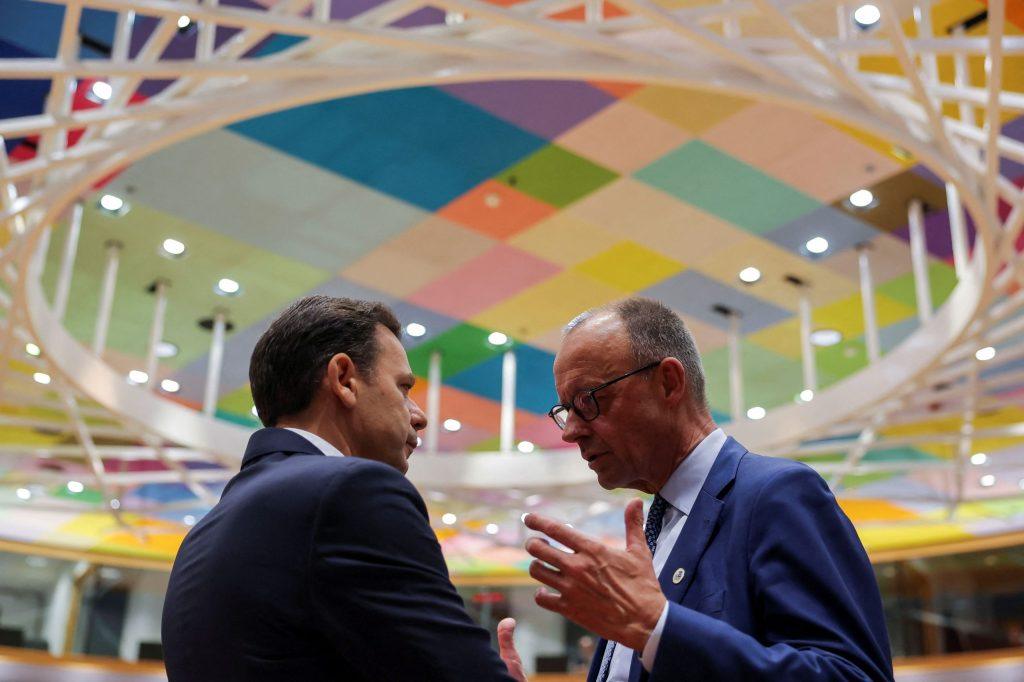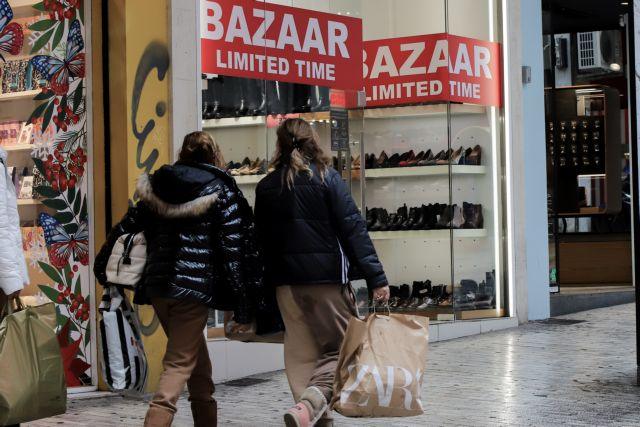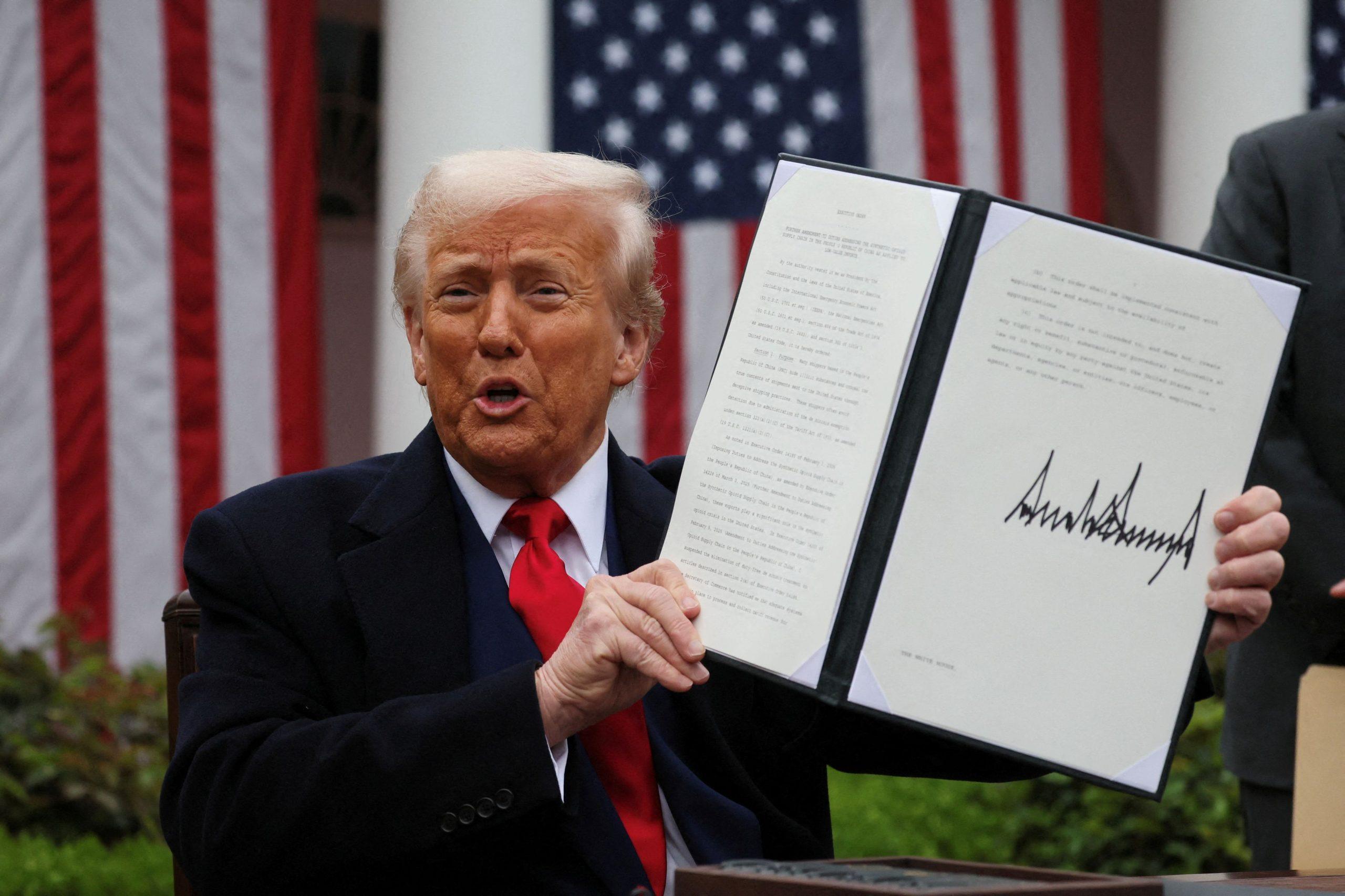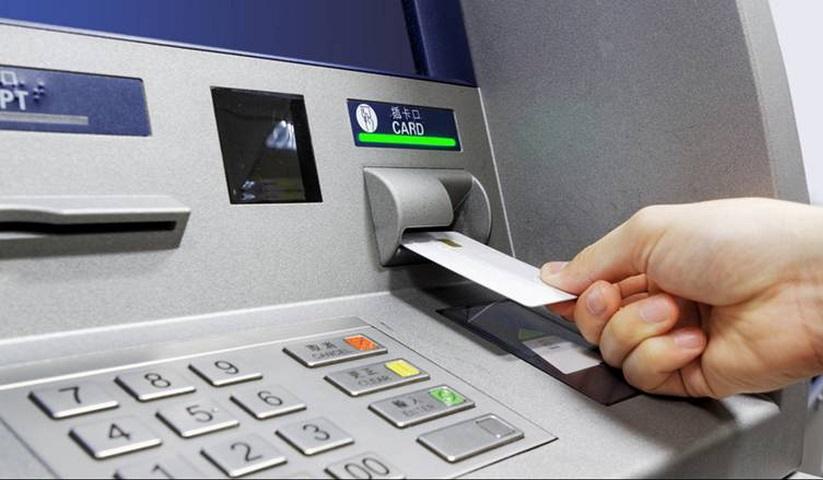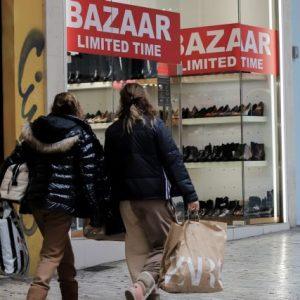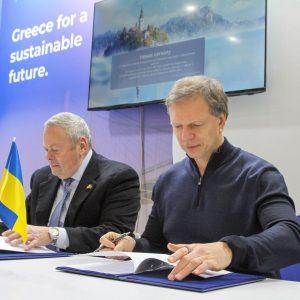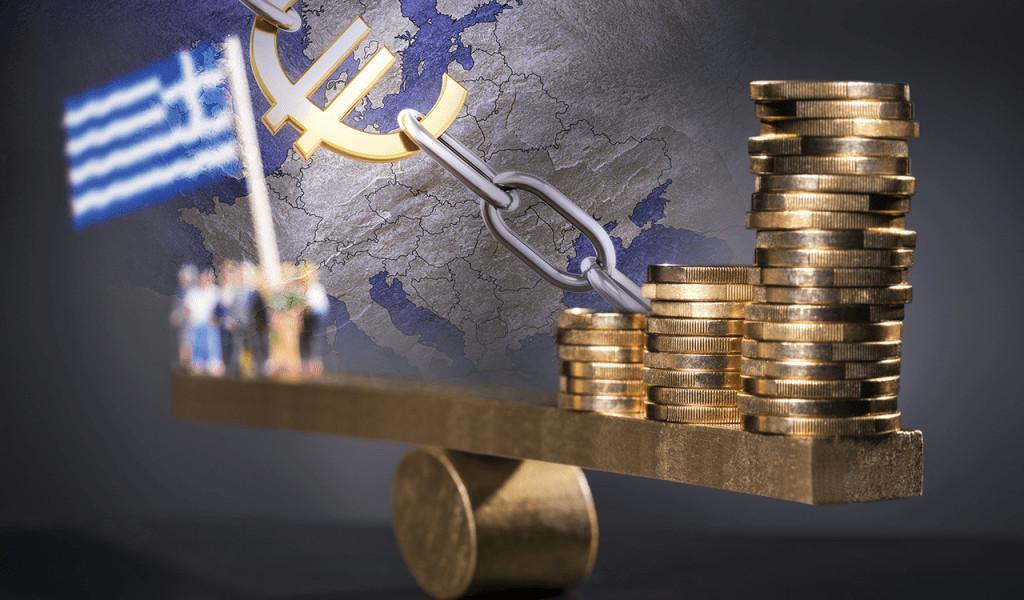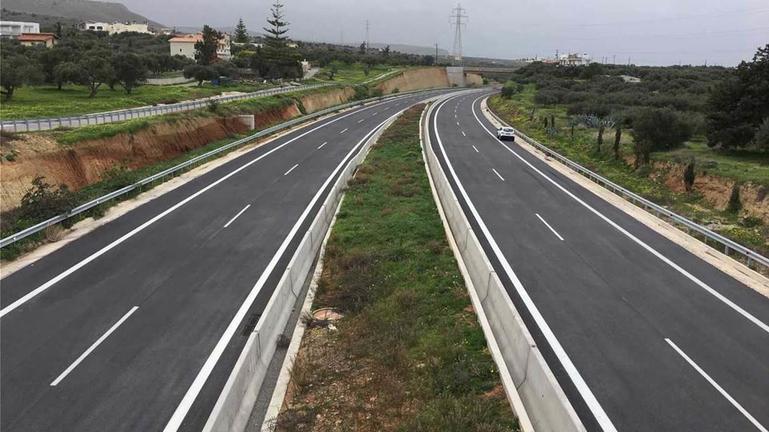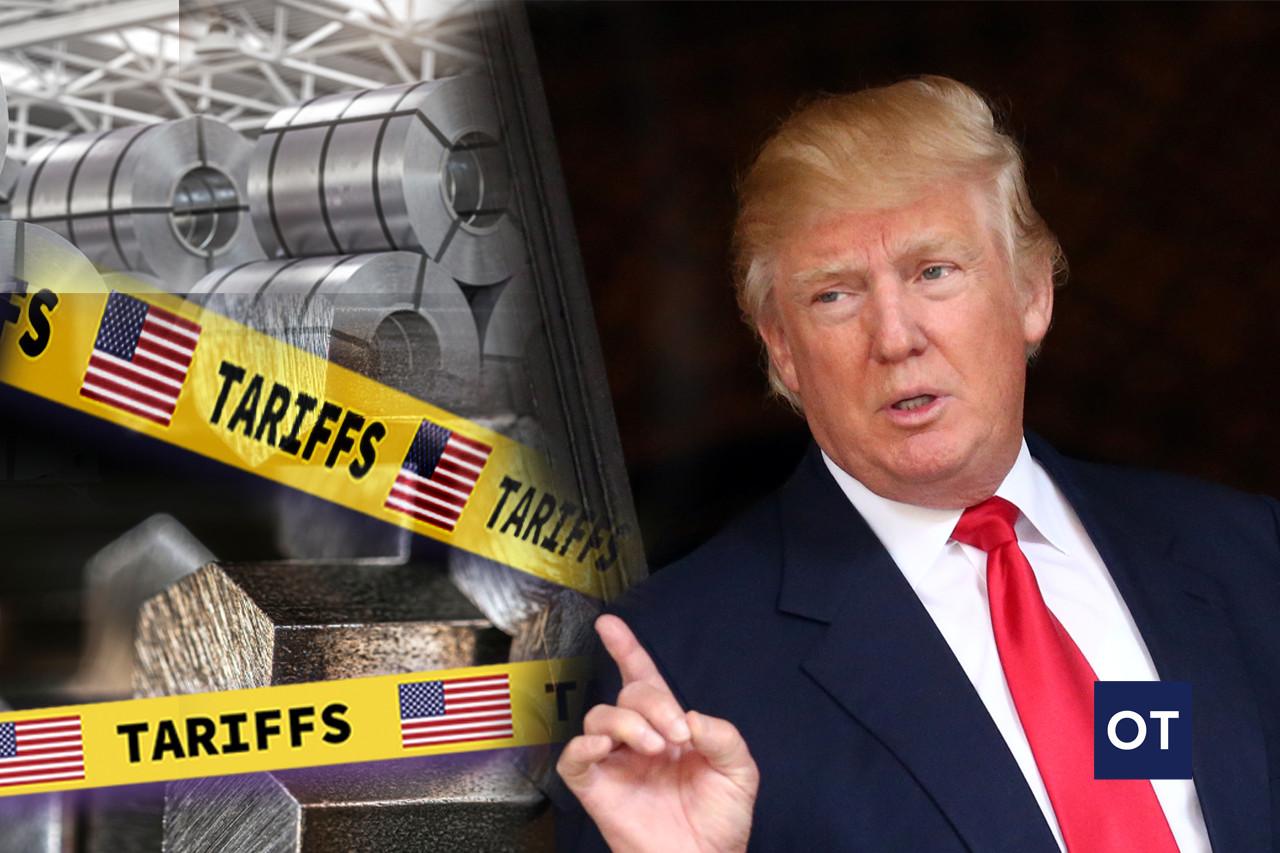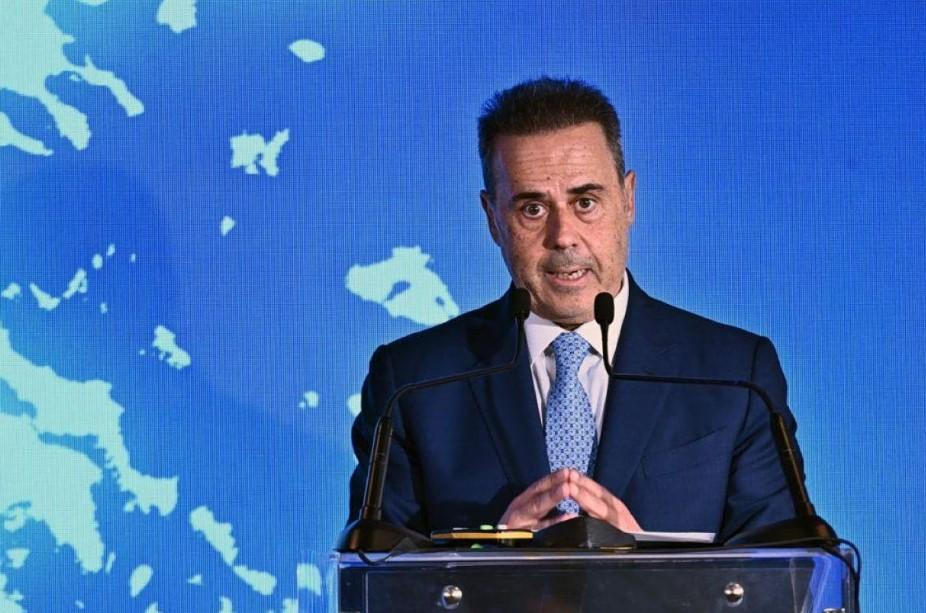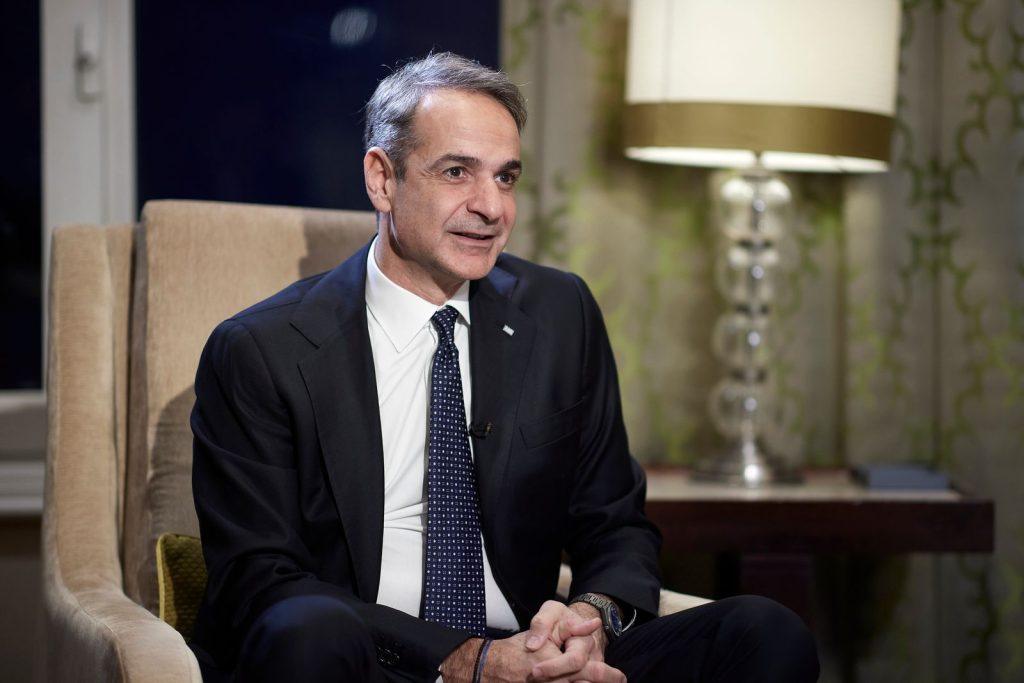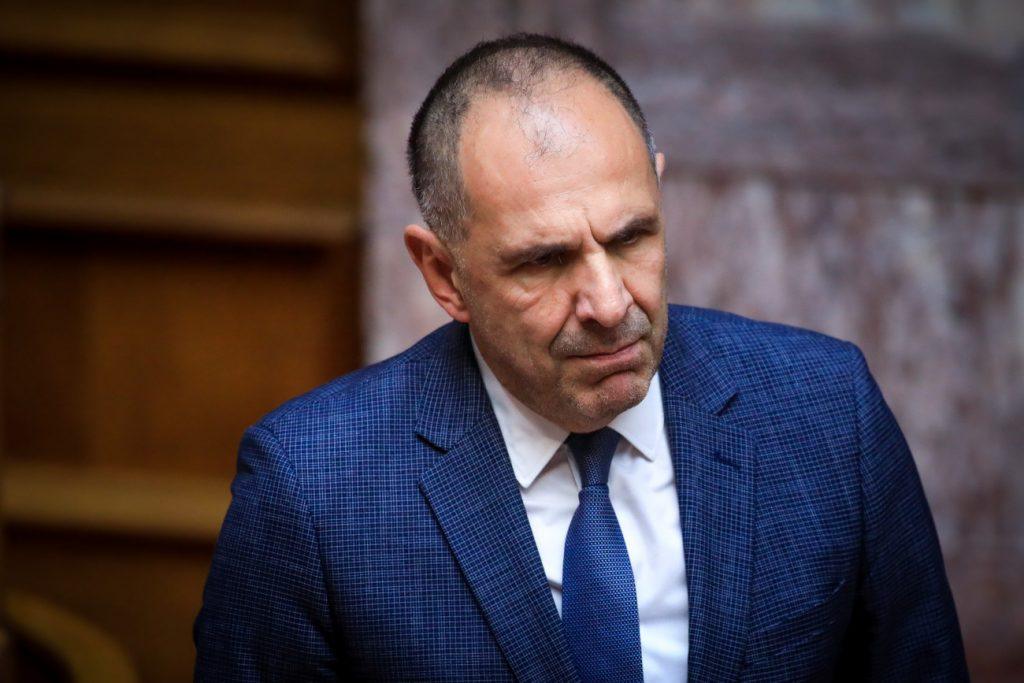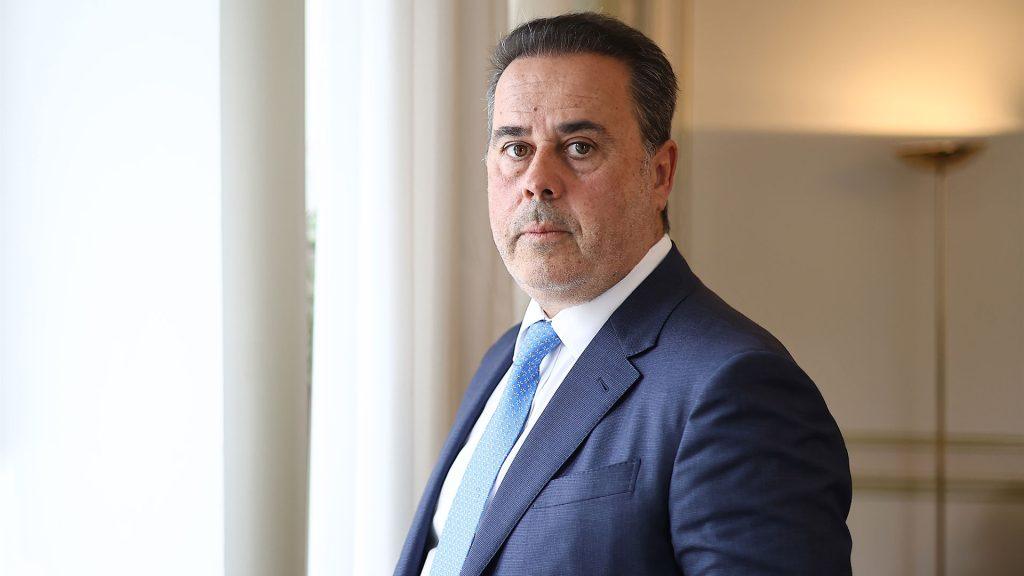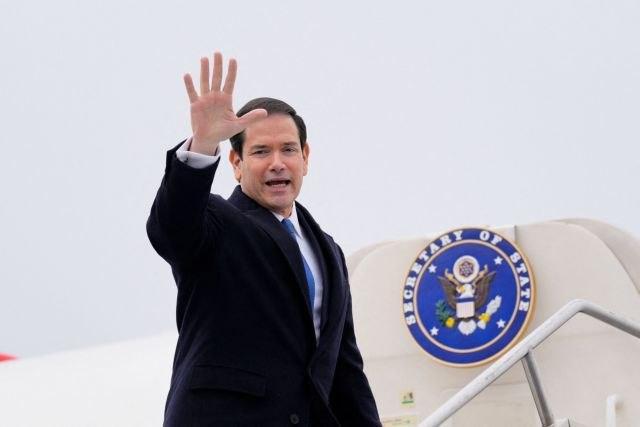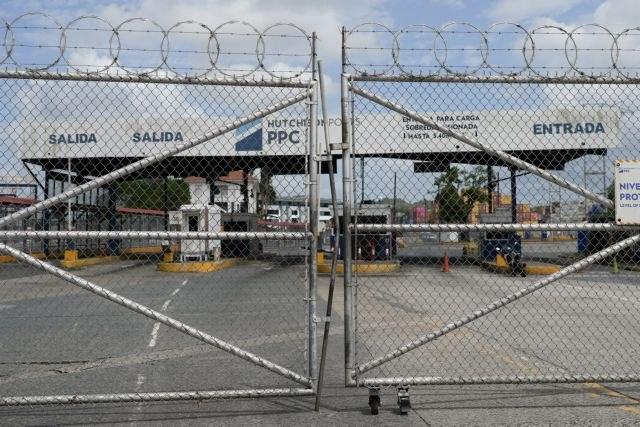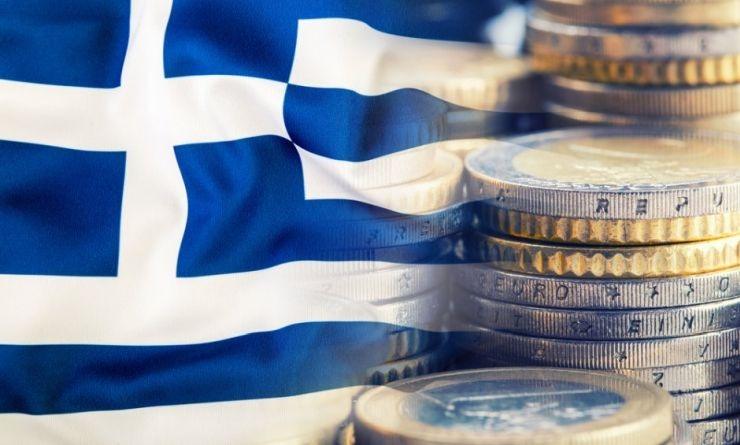As time runs out to secure a new trade deal with the United States before tariffs spike, EU leaders meeting in Brussels are not only weighing the transatlantic relationship but are also quietly pivoting toward deeper trade cooperation with Asia-Pacific nations — a signal of shifting priorities in a turbulent global trade landscape.
With U.S. tariffs on EU exports, including a threatened 50% duty on cars and a 10% baseline rate on most goods, set to take effect by July 9, European Commission President Ursula von der Leyen acknowledged that negotiations could fail. “All options remain on the table,” she told reporters, as EU diplomats reviewed a last-minute U.S. proposal described as a vague “two-pager” lacking industrial specifics.
Strategy Talks
Germany and France remain split over strategy. Chancellor Friedrich Merz called for a “quick and simple” deal, while President Emmanuel Macron warned against accepting “unbalanced” terms. “Our goodwill should not be seen as a weakness,” Macron cautioned, pushing for stronger EU leverage — including possible new tariffs on U.S. services and a digital tax targeting American tech firms like Google, Meta, Apple, and Microsoft.
As the bloc debates how to counterbalance U.S. trade dominance, some leaders are already looking east. Merz floated the idea of creating a new trade framework with Asia-Pacific countries as an alternative to the gridlocked World Trade Organization. “You all know the WTO doesn’t work anymore,” he said, hinting at interest in regional mechanisms for resolving disputes and fostering economic ties outside the transatlantic sphere.
Though no specific country was named, any move toward Asia-Pacific collaboration would likely involve recalibrating trade relations with China — a key but controversial partner. The EU continues to navigate a complex relationship with Beijing, marked by strategic dependence and economic rivalry. Shifting toward the Asia-Pacific could offer Brussels a chance to hedge its bets amid ongoing tensions with both the U.S. and China.
To be Determined
While the U.S. talks remain unresolved, the EU has approved — but not yet imposed — tariffs on €21 billion in American goods and is considering an additional €95 billion package. The debate underscores a broader reevaluation of global alliances and trade strategies, as Europe tries to balance economic interests with geopolitical pressure.
